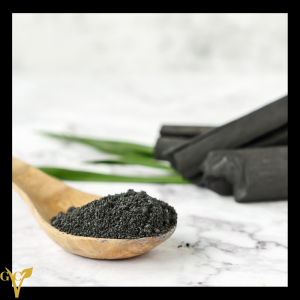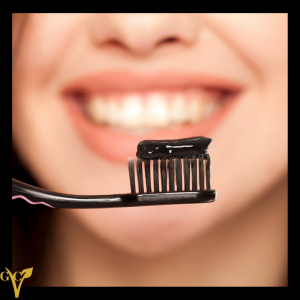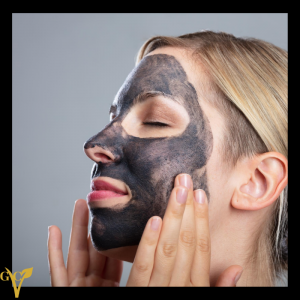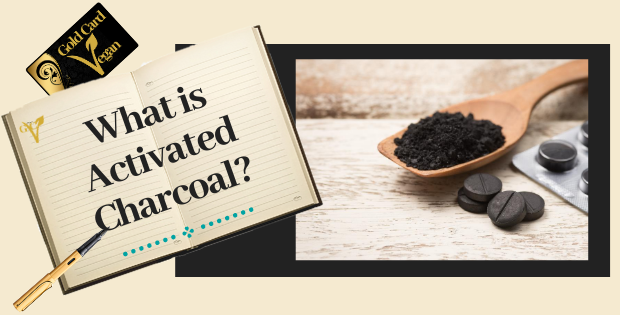Have you heard of activated charcoal? It seems to be quite the ‘in’ thing – enough for me to do some digging.
The main benefit of taking activated charcoal is that it helps to get rid of unwanted substances from the body. Drugs and toxins bind to it by trapping these chemicals in the gut before they get absorbed. It is often used in emergency rooms to treat overdoses, although the toxin-absorbing properties have not been scientifically proven (or that I could find).

It can also be used in cases of acute poisoning, but then in some cases, it’s not at all good. For example any poison with strong acids or bases including
- Cyanide.
- Lithium.
- Lye
- Alcohol.
- Iron tables.
- Petroleum products.
And, as is always the case, with poisoning, please don’t reach for the home remedy, call your poison control centre and get to the emergency room. If applicable, you will be administered with activated charcoal there.
Other uses that still have not had decent studies or the research results have been inconsistent are:
- Reduce high cholesterol
- May assist kidney function.
- Lowering phosphate levels in people on dialysis.
- Diarrhoea or constipation.
- Prevent gas
- Prevent a hangover.
- Skin infection.
- Teeth whitening and oral health.
- Skincare.
- Deodorant.
- Used as a natural water filter.

So where does it come from?
It is a manufactured product, and you can’t find it naturally in foods. It is found when charcoal, made from coal, wood, peat or other substances becomes superheated (between 600 and 900°C or 1,110 and 1,650°F) this makes it ‘activated’. It is a fine, odourless, black powder, and it is this that toxins bind to. One teaspoon full has more surface area than a football field.
It appears in a lot of things such as toothpaste, skincare, baked goods, beverages, water filtration systems, respiratory masks and air filters.
With toothpaste, most of the charcoal-containing ones are incredibly abrasive to tooth enamel which can lead to highly sensitive teeth. They then can become yellowed due to the enamel being stripped away, which makes them more prone to dental decay.

Most charcoal-containing toothpaste is incredibly abrasive to tooth enamel which can lead to highly sensitive teeth. Share on X
Many companies claim that the activated charcoal in their products is antiviral, antibacterial and/or anti-fungal. However, there is very little scientific evidence to support this.
Now because the charcoal does absorb minerals theoretically, it should absorb bacterial or viral cells and maybe it does. However you have the disadvantage on the flip side that it would also absorb the healthy bacteria, so in my mind, it’s a moot point.

Are there any side effects?
Activated charcoal is likely safe to ingest for most adults on a short-term basis. The side effects could include constipation, (which seems to be contradictory to claims that it is beneficial for this ailment) and you definitely have black stools. However, rare but very serious is that it can slow or block the intestinal tract, regurgitate into the lungs and cause dehydration.
My feeling on activated charcoal is to give it a miss until more independent scientific research has been conducted, and it shows positive results. Leave it to the health professionals or, at least be monitored by your healthcare provider.
Until next time….









0 Comments